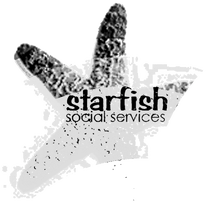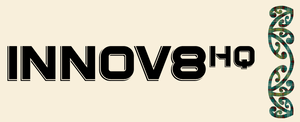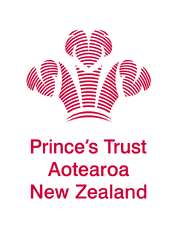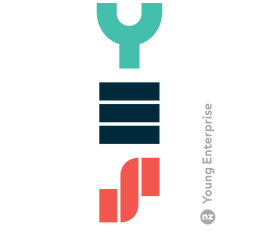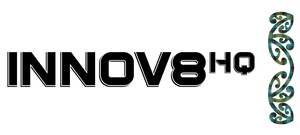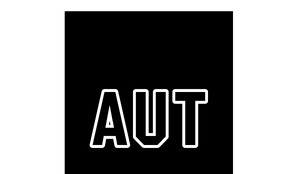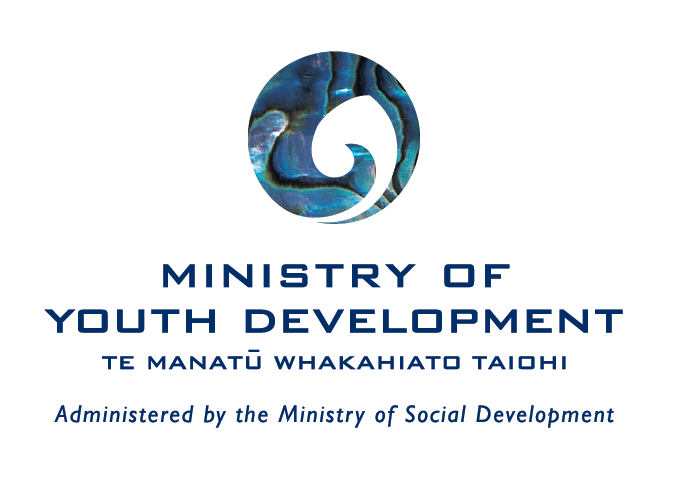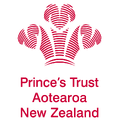Sarah Print
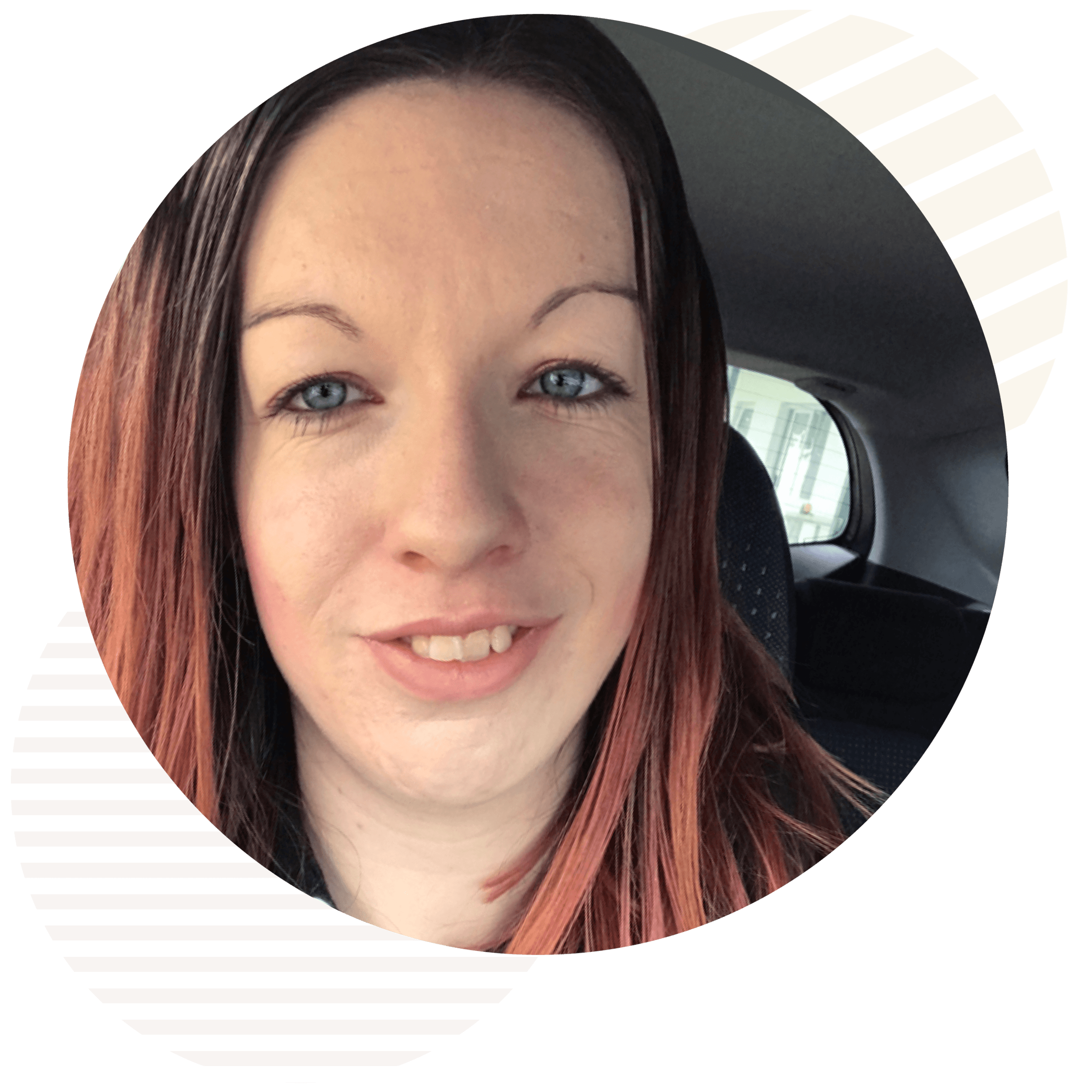
Entrepreneurial Identity
As an entrepreneur, I want to create art that is fun to make and others can also enjoy. I'm just wanting to have a little business, not a massive one.
I feel it’s really important you do something you enjoy and I know not everyone is lucky enough to have a job they like. I struggle with depression and anxiety and I stress about my future, so it’s important for me to being doing something I enjoy.
To be able to create amazing macramé art people will like, hang up in their homes and look at and put a smile on their faces, is important to me.
Strengthening Skills
The programme helps me a lot as I have very low self-esteem and self-confidence. I do struggle believing in myself and have failed at other things, in my life, as I’ve pushed too hard and then just given up. Justine (from Starfish) gives me pep talks and encourages me to do things at my pace; it’s really good.
I meet with her to show her my work, talk about it and get advice around next steps for me on certain things.
Probably the single most important thing I've learnt from the course, is to just believe in myself and keep going at it at my pace. It's important to manage myself so I don't get overwhelmed or get burnout or whatever.
Pathways
I am still completing – well, at the beginning of - the programme, but will probably eventually open up my own website with the business name, Crow-Cramé because I love crows. I follow these two lovely ladies in Auckland, and they sell spiritual stuff; crystals, tarot cards, spiritual books, you name it; they are really cool. I am inspired by their work and I want to make this stuff myself.
Economy
When I started out, I just used cheap cotton cord for my macramé, but now I’m more passionate about what I’m doing, I’m buying more expensive and higher quality cotton cord from Australia. I buy from a woman who recycles and reuses a lot of her cotton, which is a little more expensive, but it means I will get a higher quality product and hopefully I can charge a little more for my macramé. The recycling is also good for the environment.
Diversity
I've had health problems my entire life; including anxiety, depression and Chronic Fatigue Syndrome. Because of my illness, I can’t work a normal job and Justine knows this. I feel really good and supported and a lot less stressed than I usually would be. I still have moments of stress about it not working out, but that’s just worry and it’s not overwhelming.
Mitchell Porter-Thomas
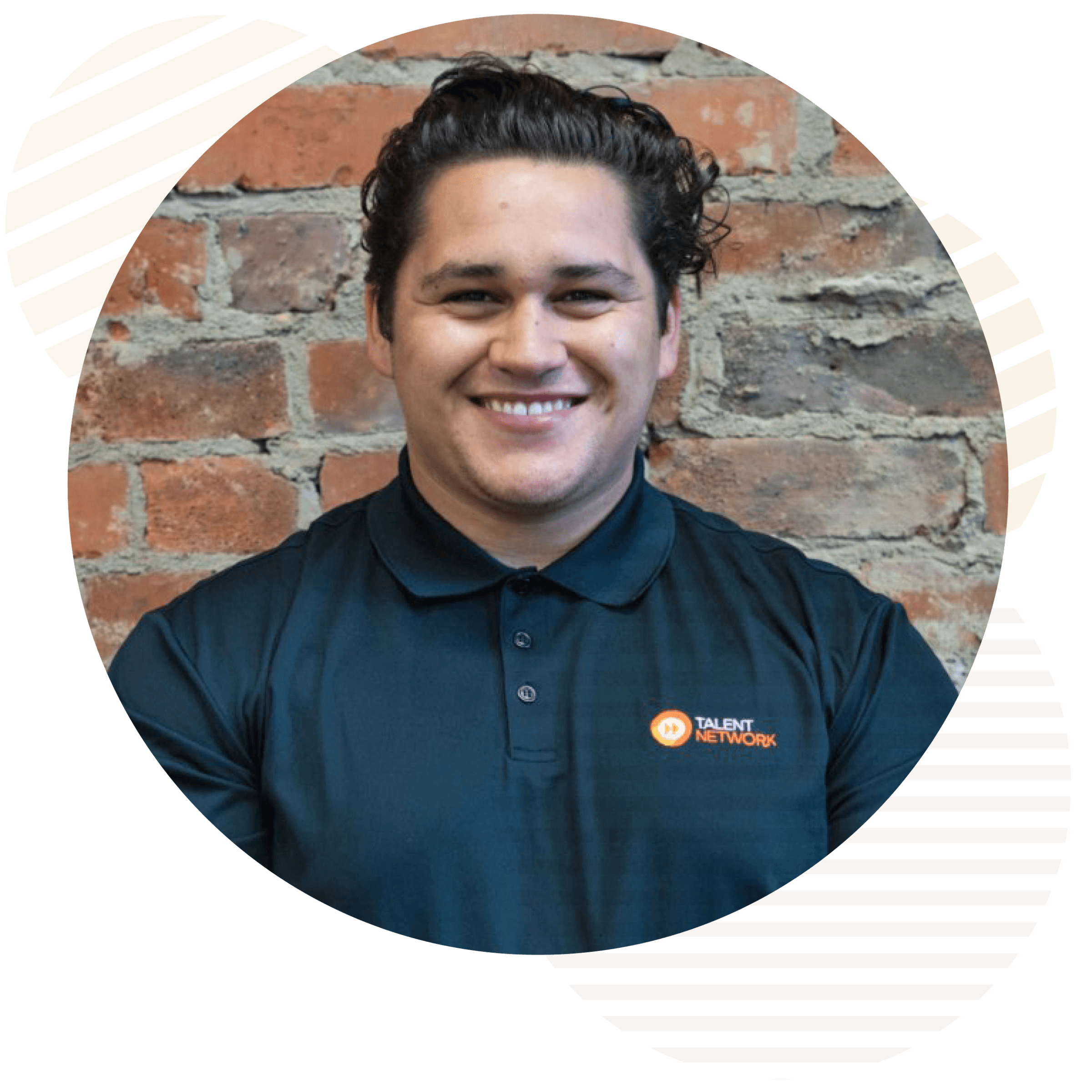
Entrepreneurial Identity
I think the word entrepreneur has had some of its real meaning overcast by the hype that now surrounds it. An entrepreneur is a change maker, engineering new solutions to problems and answering the questions we’ve never had answers for.
The most common metric it is measured in is material and money, but I think we’re getting better at recognising social entrepreneurs, and the people that bring more wealth to our health, on a mental, physical and social level.
An entrepreneur at their best creates opportunity for those around them, and at a minimum, takes up opportunities presented to them. I don’t think I have the audacity to be a self-titled entrepreneur. However, I am willing to say that as a result of Mana Rangatahi, I’ve jumped at all opportunities to put myself into unfamiliar and intimidating environments, and have grown myself, and those around me as a result.
Strengthening Skills
Mana Rangatahi took a room full of strangers and manifested them into whānau through honesty, vulnerability, and a common desire to know not only who we are, but where we could go. Ko wai au? Who am I, what unique traits do I offer the world as a result of my experiences, and how can I navigate myself towards a pathway that embraces my values in this world?
Through the knowledge and experience of our kaitiaki, the presence and advice of keynote speakers, and the awhi created between our whānau, we came to a conclusion; there is really nothing we could not achieve with our mana, our network, our whānau.
Pathways
After Mana Rangatahi, we all had the mana and knowledge of how to pursue a more meaningful pathway. Our lives had more clarity, a confidence that maybe hadn’t existed in us before, and a support network of whānau we could reach out to whenever we needed help with the next step.
Now as part of my pathway I help people secure new employment opportunities daily. Through this I’ve been exposed to the process of establishing a new business, maintaining your morals in a competitive economy, and helping others find work that’s more meaningful for them.
Diversity
The best thing about our Mana Rangatahi pilot was its fluidity, it was shaped around those in it, and moulded by us as we moved forward in the world. Now, with this blueprint we have the opportunity to extend that to others. We ourselves are left with an eternal network of friends, whānau, and advisors on what we should do next.
Paige Sullivan
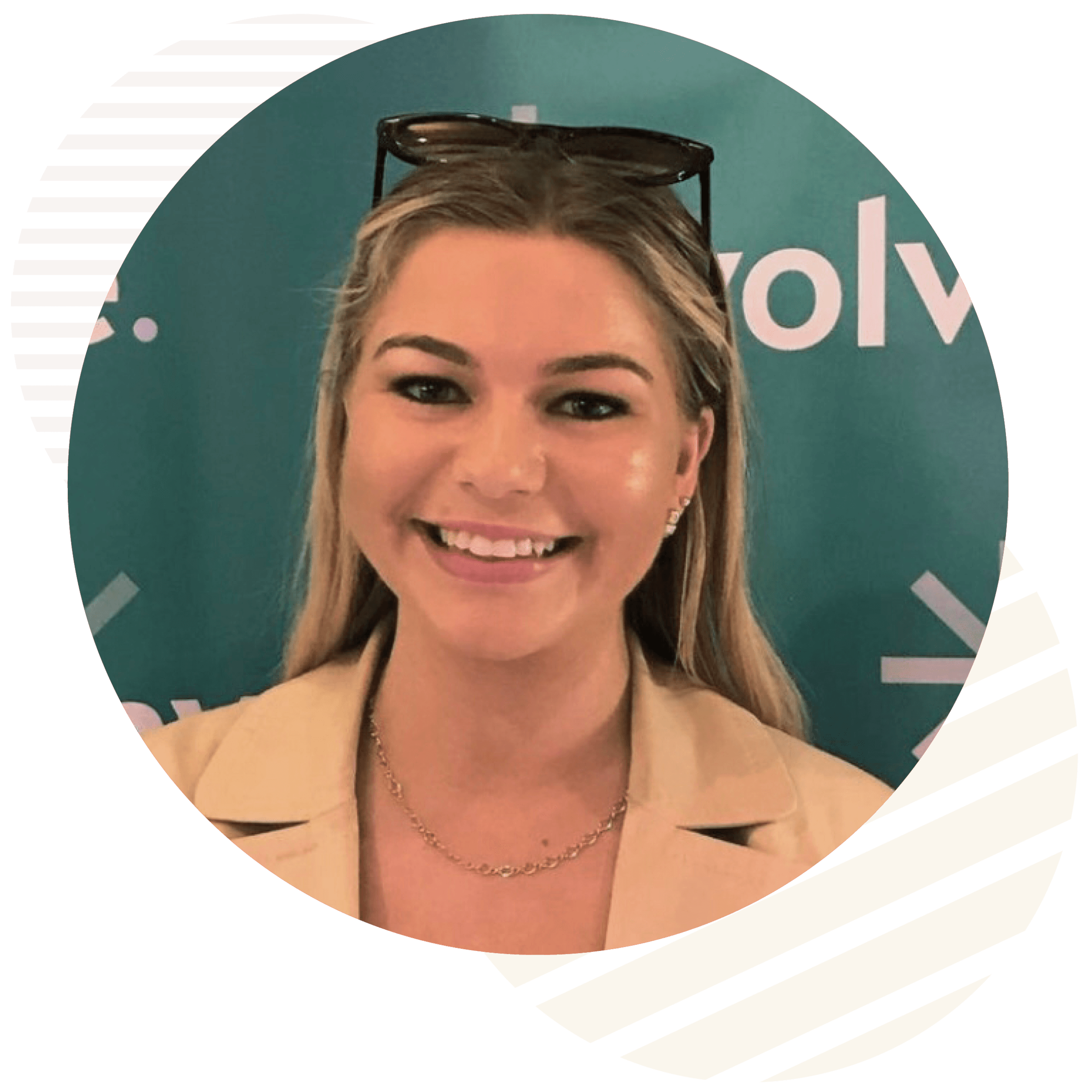
Entrepreneurial Identity
As a young entrepreneur, I am deeply passionate about my community and the wellbeing of others, so when I set out to find my suppliers it was paramount to me they ticked all the ethical boxes I needed them to.
While this narrowed down my choices (and raised the cost), I think ensuring staff are working in safe conditions with proper remuneration, alongside the company having great environmental processes, is super important when it comes to business. I have strong core values and beliefs and I think these come through in my entrepreneurial activities.
Strengthening Skills
I am a Law and Commerce (marketing) student at the University of Canterbury, and I completed the Young Enterprise Programme at high school. Through these programmes, alongside being raised by business owners, I developed a real passion for business. However, I felt there were pieces missing from my knowledge that prevented me from taking the leap to start something myself.
The Prince’s Trust New Zealand Enterprise Course taught me all of the basics to get my business idea off the ground, alongside teaching me more about myself as an individual and the importance of mindset.
However, the most valuable thing that came out of the Enterprise Course was my mentor. I meet with Martin Smith, my mentor, every month via Zoom, and his knowledge and guidance has been invaluable for me. He has given me direction, asked the tough questions and taught me so much about the beauty industry. If I had not been paired up with my mentor, I think I would still be operating my first business, which was not going the way I wanted it to go. Now, I am establishing P.S. Beauty, a premium beauty brand for both home and professional use, as something that truly aligns with my values, passions and dreams, and I am doing this using a robust business foundation that Martin helped me build.
Pathways
After the programme, I was matched up with my fantastic mentor. I decided to close down the business I was running at the time, as it didn’t align with what I really dreamed of creating and did not align with my values, so I was losing passion and drive for it. Since then, I have worked with my mentor to establish a really solid base for my new business, from mapping out competitors to communicating with suppliers and developing a marketing mix. His guidance along the way has been incredibly helpful, especially in the realm of things no one really teaches you at school; intellectual property, business lingo and setting a brand ambition. I really appreciate the relationship The Prince’s Trust New Zealand (PTNZ) has formed with me; it isn’t often you complete a course and stay in touch with the organisation for a year after. PTNZ has given me so many opportunities, from meeting HRH The Prince Of Wales via Zoom in Auckland, to connecting me up with my mentor and more.
Diversity
What was great about the programme was the way it was accessible to any young person, based anywhere in New Zealand with a computer and internet access. This meant I completed the course alongside people from Auckland while based down in Christchurch. Furthermore, with the course only happening a couple of times a week for two weeks, it was easy to juggle other responsibilities such as work and other study. I completed the programme during uni break and it was a great way for me to keep my brain working, and gave me something to do during lockdown, too. The programme sets out to give young people a path that is never advertised at school (at least it wasn’t to me), starting your own business and becoming an entrepreneur. Often young people think entrepreneurs are just old white men; the programme sets out to change this stereotype and backs a new generation of emerging, young and diverse entrepreneurs.
Malaga Aukusotino
CEO of the Year - The Lion Foundation Young Enterprise Scheme National Awards 2020
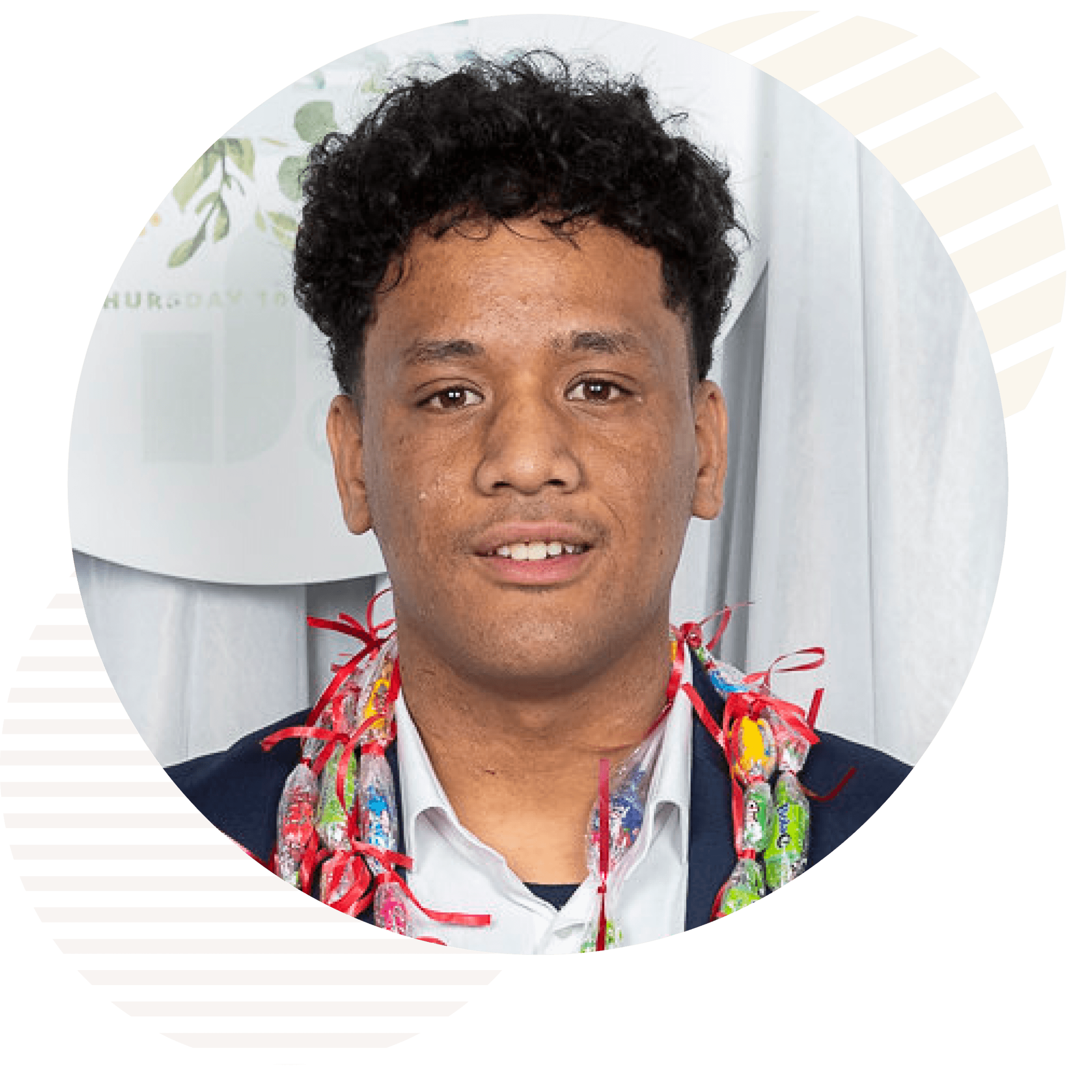
Entrepreneurial Identity
I see myself as an entrepreneur as I have helped build up a business called The Hustle of which I am the CEO. The company was formed with fellow college peers, from Bishop Viard, to gain newfound skills and knowledge in business.
Entrepreneurship requires many skills and there are a couple I identify strongly with; leadership through teamwork is one of the main strong entrepreneurial skills I display in business and everyday life. I value talking with my colleagues on what beneficial decisions we can make, and also trying to work with the strengths of my colleagues to help further and better the productivity of our business.
Another skill I’d like to say I display as an entrepreneur is my ability to embrace public speaking. This has developed over time and I am now so much more comfortable in front of an audience.
Through our entrepreneurship we have found success and have created a business hub in our school to change the perception of what learning in a classroom looks like. We’ve done this by making sure we have the latest technology and new diverse working spaces to keep students focused.
Strengthening Skills
The Young Enterprise Scheme (YES) programme has definitely helped bring out the potential I have in entrepreneurship, and has further honed the many skills needed for success, so they have become second nature to me.
Through many business ventures, I have developed better ways of communicating with fellow people in business so I can get answers to the many questions I have in my pursuit of wanting to understand business.
I have had the privilege of being offered various opportunities such as work experience with Wellington NZ. This was an experience that helped better my knowledge of how businesses operate and what key components help a business to be successful.
Pathways
After the programme, the options I am looking into are to continue my entrepreneurship career and maybe study Commerce at Victoria University of Wellington or attend Police College.
Economy
I believe that I have contributed to the economy by having the opportunity to talk at the Hall of Fame and encourage businesses to look at the success of Māori and Pasifika, and through creating a documentary to help audiences to focus on our success not the negative media portrayal.
Diversity
I believe the YES programme was very open to our idea to a make a documentary that showcased the journey of The Hustle and told the rich stories our community has in a positive way and through a Pasifika lens. They asked relevant questions and showed real interest in wanting to learn more about the story of the tatau and to gain better knowledge of what its importance is to the Pasifika community. I think many were on board to also show Pasifika excellence that is sometimes not shown in media; this allowed us to have opportunities to showcase the story of the tatau and its journey from start to finish of the malu and pe’a.
I’d say I am very fortunate to have the circumstances I have experienced and continue to face as I know my colleagues are always wanting to put in 100-percent effort and the support I've had from my teacher Gina Lefaoseu, and supporting staff, at Bishop Viard College is more than I could ask for.
We, The Hustle, will continue to strive for the excellence we believe is attainable for people regardless of background.
Faafetai Lava
omny.fm/shows/pacificmedianetwork/malaga-aukusitino-ceo-of-the-year-lion-foundation
Mokoia Rata
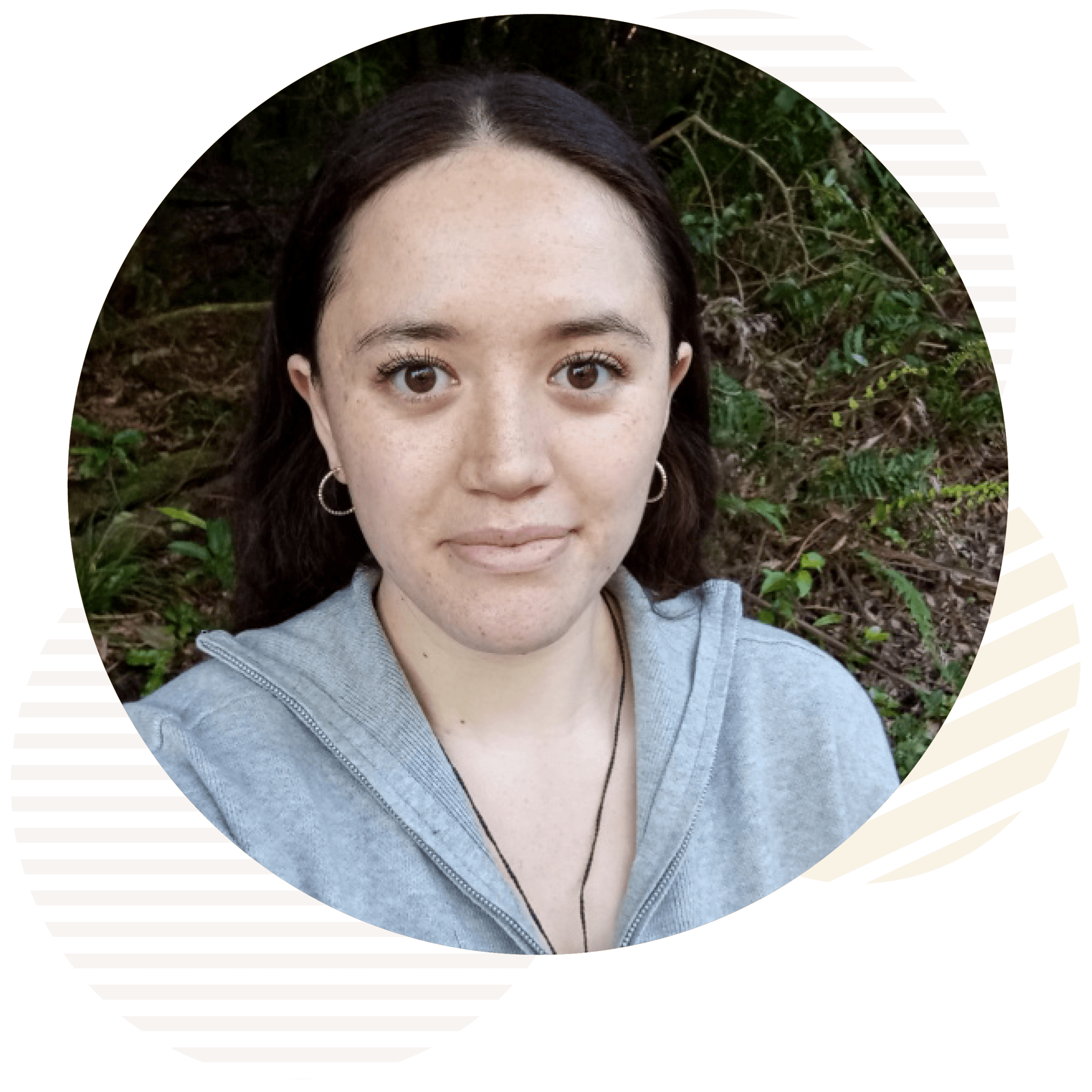
Entrepreneurial Identity
I don't see myself as an entrepreneur, I see myself as a kohacreator.
Through Indigenous Rongoa a person brings something into existence and koha/gifts into the world.
Strengthening Skills
Mana Rangatahi is a programme through INNOV8HQ I piloted alongside people I now consider my brothers and sisters. The programme helped strengthen my mindset through reinforcing Kohatrade's te ao Māori in the world of business without compromise of personal tikanga. It's awesome to know Rongoa, but to articulate that into a successful business in today's world is something I needed help with. Mana Rangatahi helped me to own what I know, grow my confidence, and navigate the behind the scenes work that goes into the mahi. They helped me refine and define what Kohatrade looks and feels like.
Pathways
After the programme, I registered Kohatrade Tapui Limited. I then went on to seek and obtain funding through different sources; using the putea, Kohatrade products were created and sold out within days. Kohatrade services where I offered one-on-one consultations to create a healthy lifestyle plan for individuals, were abundant and overbooked to full capacity. Kohatrade continually grows, creating more products and services, having them available for sale online, in stores and meeting and connecting with beautiful kaupapa and whānau from all walks of life.
Economy
Following tikanaga, Kohatrade ethically sources, creates, and sells products that grow in abundance from Papatūānuku. We always take only what is needed and return back to the whenua double what we take increasing the growth of native flora. Kohatrade creates prosperity for mahi, education, growth in kai, knowledge for everyone so they can use what is around them to help with all aspects of their tinana. To be able to turn that into profit is a bonus.
Diversity
The Mana Rangatahi programme gave me time and space to look at who I am in great detail: where I come from, my personal beliefs, and how I view the world, how that reflects into what my goal and vision is, and how I make that a reality. It continues to give me a place to create amongst likeminded people, with all different backgrounds, to be in a setting like that on its own is beautiful. The people really make it and you become a family, sharing and giving awhi to each other's creative venture.
Lourdes Maea
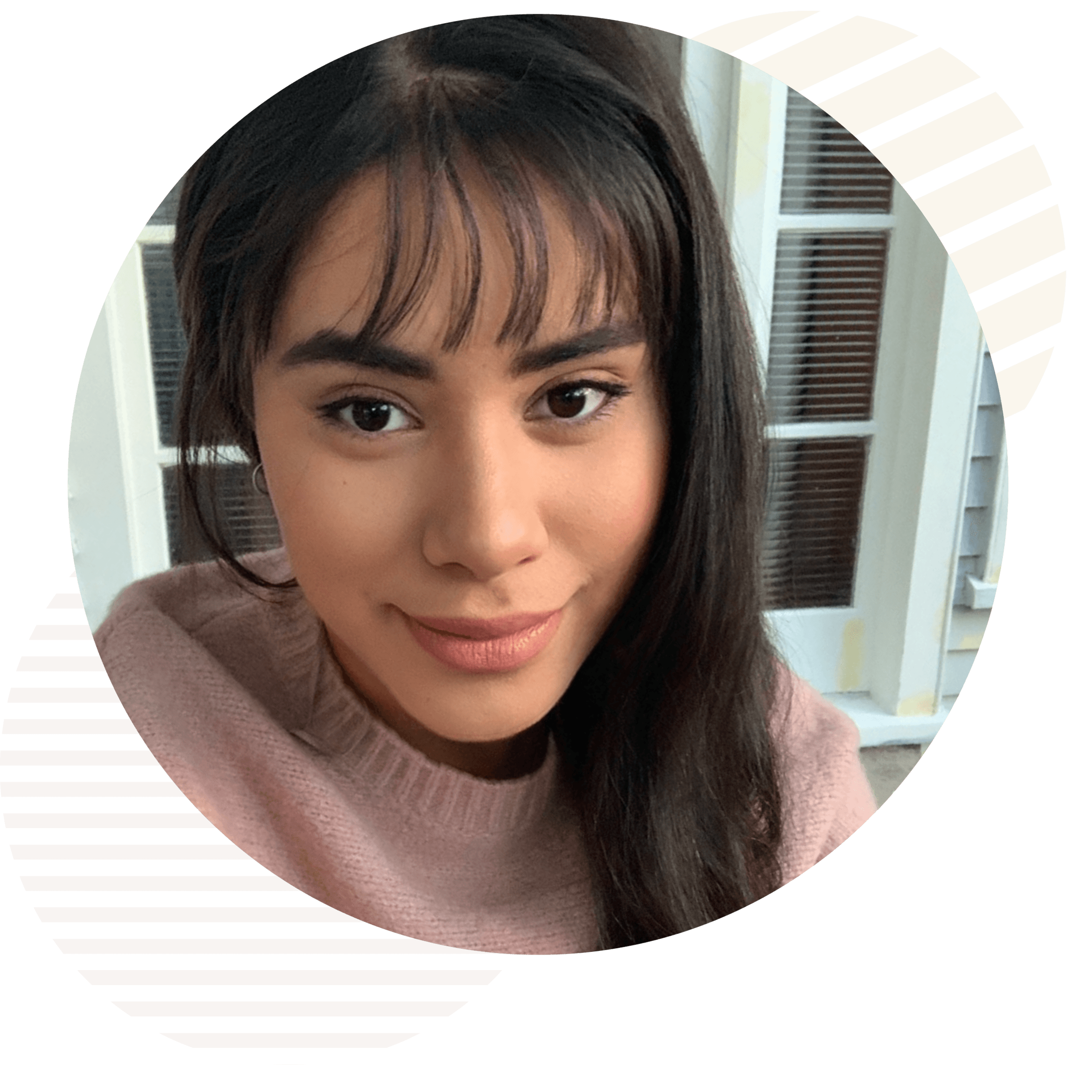
Entrepreneurial Identity
Funnily enough, I have never really considered myself to be an entrepreneur. I had convinced myself an entrepreneur was someone successful in their business. I was just a passionate kid who loved creating and forming new ideas that would hopefully be useful to others one day.
Much of my creativity was seen as failure rather than ideas but, as I grew, I learned even the most successful of people in the business industry have failed countless times.
So now, instead of fearing how my ideas may fail, I learn from them to move forward, and that is how I see myself as an entrepreneur; always moving forward.
Strengthening Skills
While studying at AUT - Auckland University of Technology - as an Education student, I had all the right ideas and business plans but didn’t truly understand how to put them into practice - with no foundation or basic principle on where to begin. Fortunately, I came across Co-Starters at AUT, which offered a ten-week course. The course equipped me with skills ranging from identifying who my target audience was, to confidently pitching in front of people regardless of how ridiculous my idea was. It allowed me to grow, question and engage while becoming more confident in my enterprise mindset.
Pathways
As Co-Starters came to an end, I felt more invested and encouraged to grow my idea of a start-up online booking portal for events, UEvents, in the wedding space. I noticed the vacant business niche when I got married.
I thought my idea was worth sharing with others and it has made the finals of AUT’s X-Challenge - a Dragon’s-Den style competition held in November - which offers $20,000 in prize money.
Economy
I am now contributing to the economy by sharing my knowledge and skills with others who were once like me; no basic understanding of business needs, fear of failure and also those of us who are pursuing different roles and once believed you have to study business, law or economics to be an entrepreneur. As I have heard many times: "investing in yourself is the best investment you can have.”
Diversity
Co-Starters definitely helped the way I socialise especially when it came to networking with those who would benefit my business idea and Co-Starters were willing to go the extra step and match me with someone in a similar line of work who was successful. At first I was a bit reserved about sharing my idea, but during workshops I found it was a common issue and a problem many people faced. It was an awesome programme to be a part of, and it was very useful to get new insights and information. I hope my business venture will be one of success in the sense that it will grow despite many challenges and failures.







